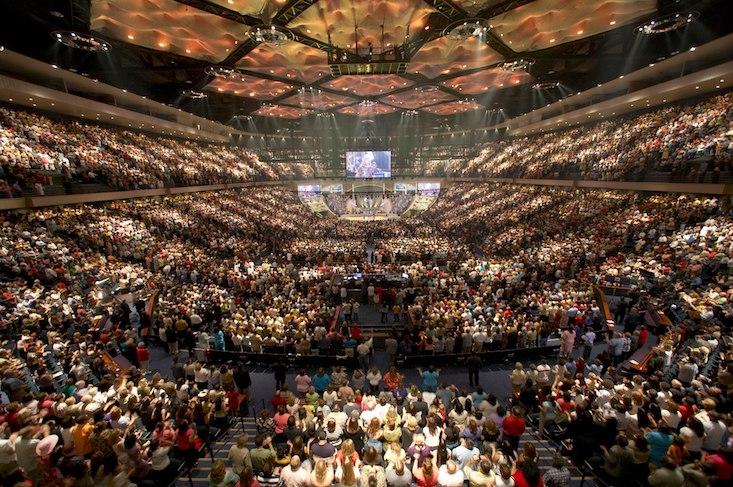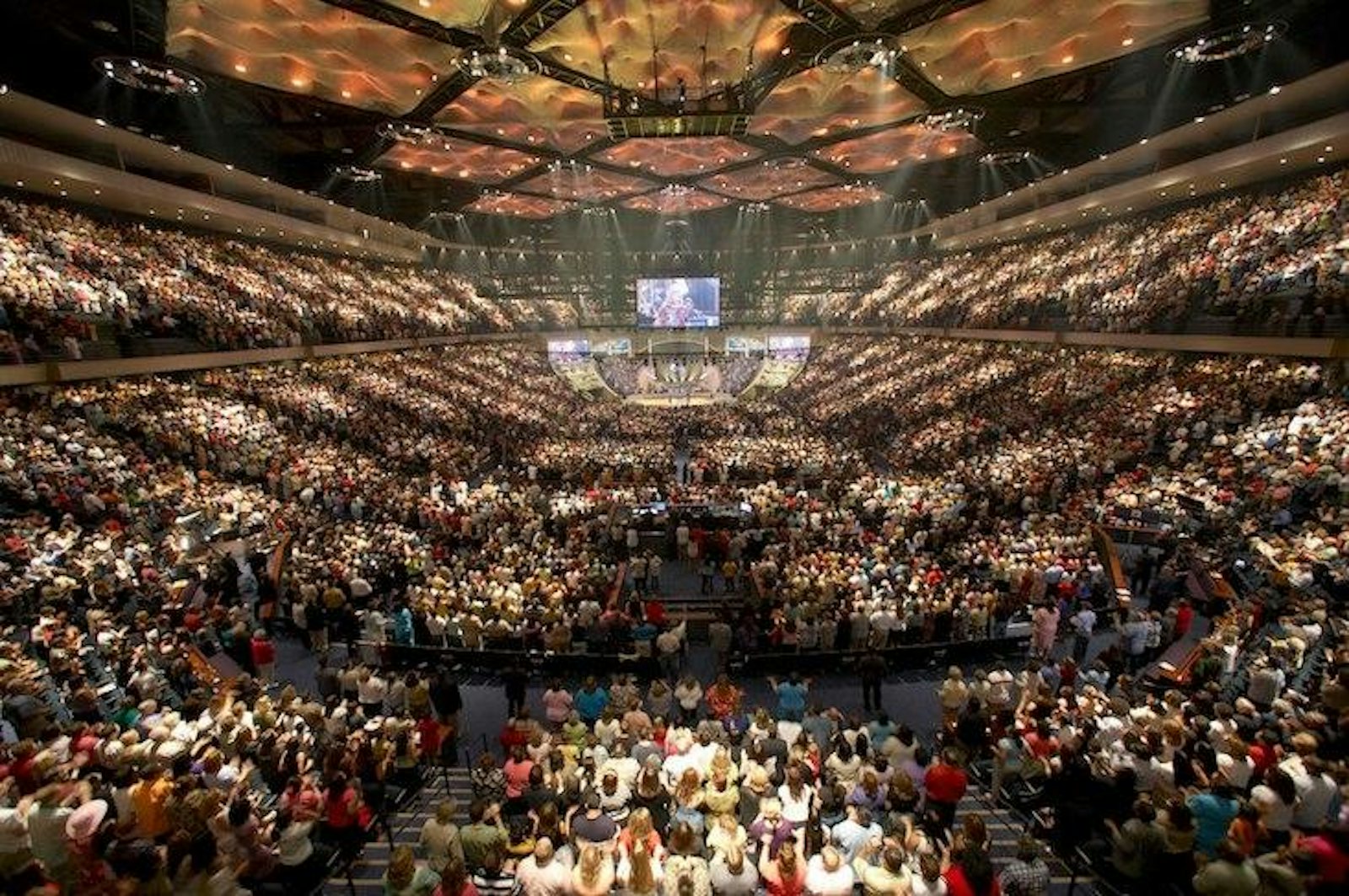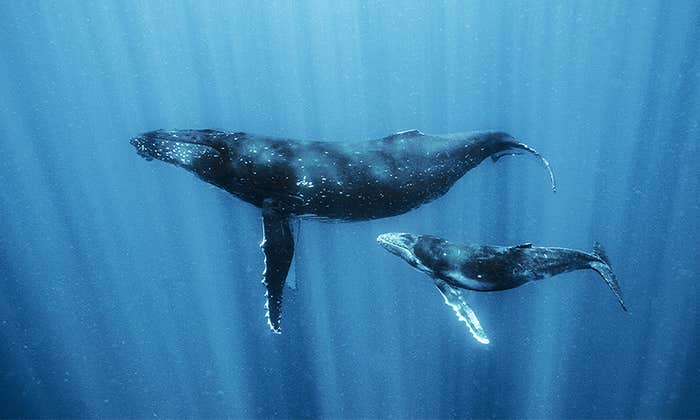
Last year was among the three warmest years ever recorded, 1.51 degrees Fahrenheit above the 20th century average, scientists from NASA and the National Oceanic and Atmospheric Administration recently reported. The two years prior were warmer (2016 the warmest), but they had a boost from El Nino—2017 didn’t. “The six warmest years on record for the planet have all occurred since 2010,” the NOAA states on its website.
Among those who accept that the cause of this is climate change, and that human actions play a major role, such reports tend to lead to finger pointing at climate change deniers and skeptics, who are seen as obstacles to progress on important policy decisions for improving the climate. Such finger pointing is sometimes directed at religious people, especially evangelical Christians who, either because of their theology or political conservatism, are taken to make up much of these deniers and skeptics.
But after five years of surveying, interviewing, and analyzing data on what religious people think about science, we have come to understand that evangelicals’ views about climate change, and the environment more broadly, are more complex than some might assume.
Scientists would do well to listen to this research.
While our survey of over 10,000 Americans found that only 26 percent of evangelical Christians (compared to 33 percent of the total US population) are very interested in environmental care and only 29 percent (compared to nearly 45 percent of Catholics and 48 percent of Jews) accept human-caused climate change, our over-300 in-depth interviews reveal a more nuanced story: Religious people, particularly evangelical Christians, show more environmental concern when its connection to human health and flourishing is made clear.
Here, for example, is what a church youth minister had to say about environmental care: “If we have the opportunity we should help take care of this planet that we’ve been given. Having said that, I also believe that the value of human life is higher than the value of a whale, or a species of monkey.”
It’s not that evangelicals don’t care about the environment. It’s that they care about people more. Some environmental advocates are spending their energy trying to convince others of the importance of preserving our green spaces and waterways. This is important. But we think a different and more effective angle may be to redirect the conversation about environmental care to caring for people, social justice, and human flourishing, rather than for its own sake.
Scientists would do well to listen to this research. And they need to make sure that religious people—in particular evangelical Christians—understand that caring for the environment is caring for people. This is especially important for members of congregations with low economic resources, who are particularly likely to think that other needs are more pressing than environmental issues, but are also likely to be located in places that are hardest hit by the forces of environmental degradation, like poor air quality.
Climate change is a global problem. Perhaps many more Americans will agree on how to solve it if scientists frame the challenge as religious as well as political. A physician we spoke to, and who identifies as an evangelical Christian, linked caring for the environment and caring for humanity in similar terms: “Throughout the world the poor are often victims of environmental degradation. And so one of the most important things that the Bible teaches us is that what God cares most about, is the poor. And so to the extent that degradation of the environment is harming the poor and making them even worse off, then it is an essential issue for Christians to get engaged in.”
Elaine Howard Ecklund is a sociologist at Rice University, where she directs the Religion and Public Life Program.
Christopher P. Scheitle is a sociologist at West Virginia University.
Their new book is Religion Vs. Science: What Religious People Really Think. New York: Oxford University Press.
WATCH: How the cosmologist Lawrence Krauss, a militant atheist, views religious scientists.




















